Picture this: you wake up one morning, and nothing works. Your phone’s dead, the internet’s gone, and your smart fridge is just a big, useless box. Sounds like science fiction, right? Wrong. A massive cyberattack could knock out our digital infrastructure in the blink of an eye. But don’t panic – with the right gear and know-how, you can ride out this storm. I believe in being as prepared as possible for any crisis, and I’m here to share the nitty-gritty on what you really need when the screens go dark.
Cash Stash
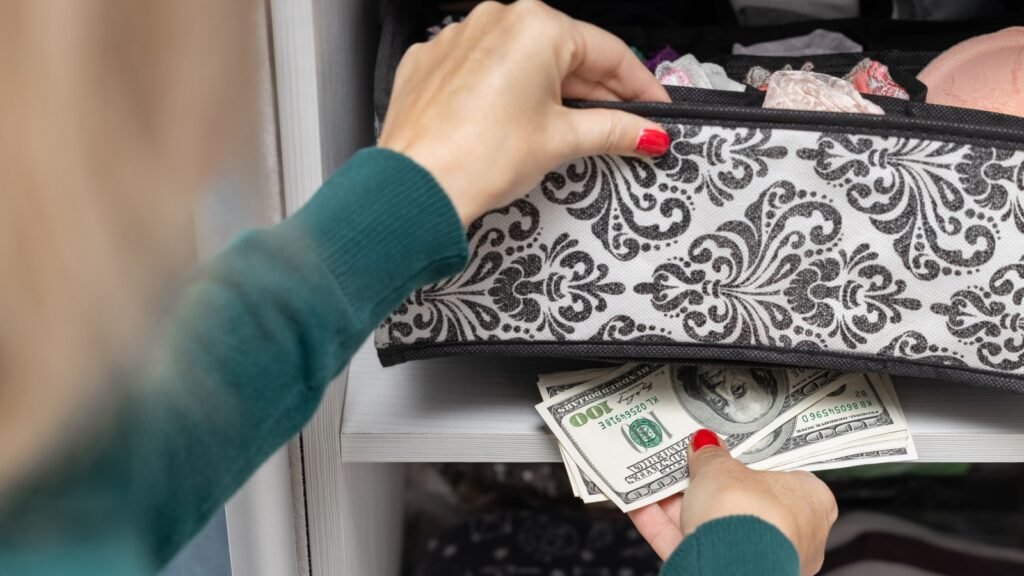
When electronic payment systems crash, cash becomes king. Keep at least $1,000 in small bills hidden safely at home. This will cover immediate needs like food and fuel. Remember, ATMs and credit card machines won’t work during a cyberattack, so your secret stash could be a lifesaver. Consider diversifying your cash holdings with some foreign currency, particularly from neighboring countries, as a hedge against potential economic instability.
Physical Maps

GPS might fail, leaving you lost in familiar territory. Stock up on detailed paper maps of your local area and region. Mark important locations like hospitals, police stations, and supply points. Practice reading these maps now—it’s a skill that deteriorates without use. Include topographic maps to help navigate off-road if main routes become impassable or too dangerous.
Hand-Crank Radio
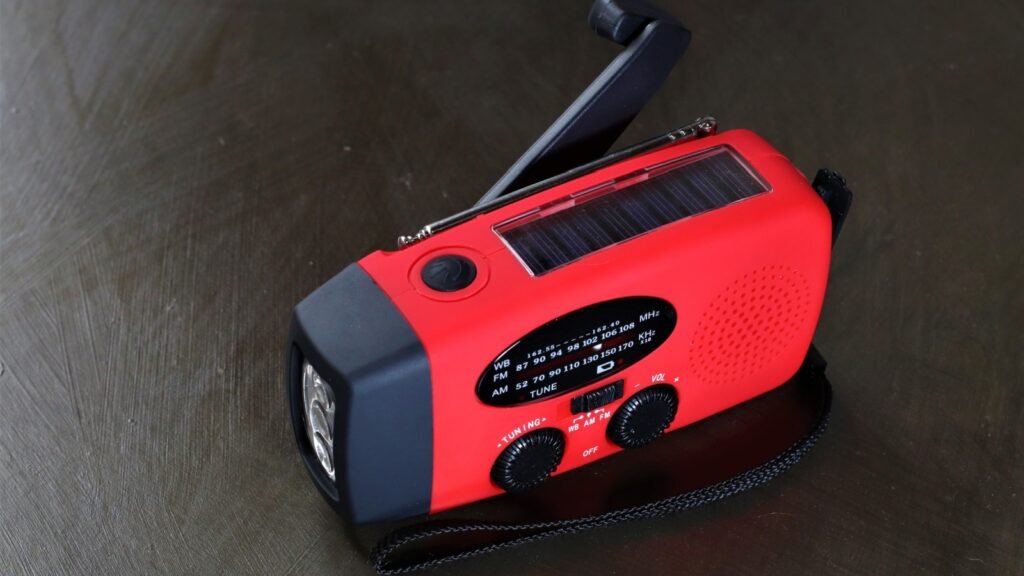
Stay informed when the internet goes silent. A reliable hand-crank radio lets you tune into emergency broadcasts without relying on the power grid. Look for models with NOAA weather alerts and a built-in flashlight for added utility. Aim for 20 minutes of radio time per 1 minute of cranking. Some models also include a USB port for charging small devices, adding extra functionality to your emergency kit.
Portable Solar Charger
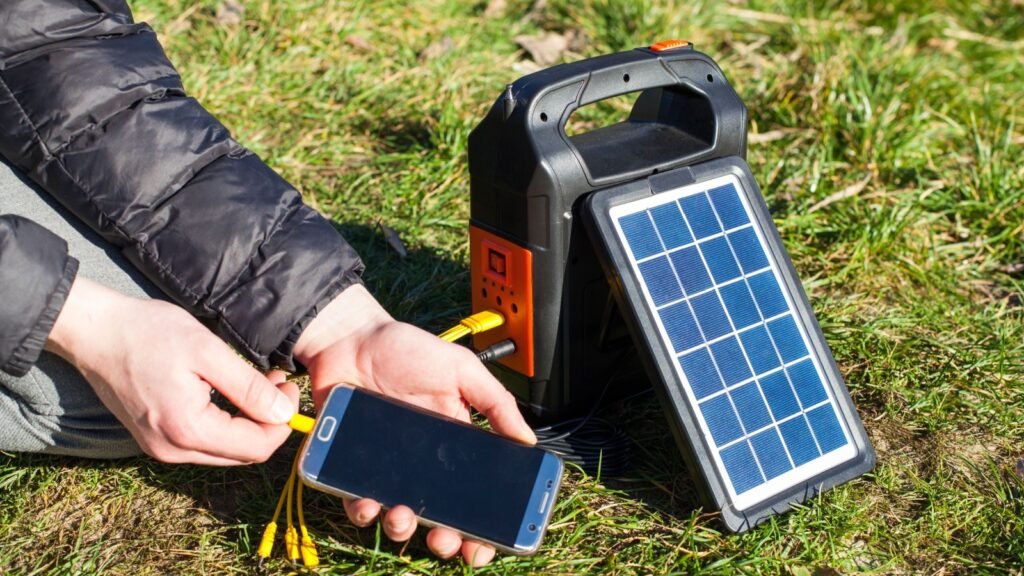
Keep essential devices running with the power of the sun. A good solar charger can juice up phones, tablets, and other small electronics. Look for models with at least 20 watts of output and built-in battery storage. This way, you can charge devices even on cloudy days. Consider getting a charger with multiple USB ports to power several devices simultaneously, maximizing its utility in a group setting.
Hard Copies of Important Documents
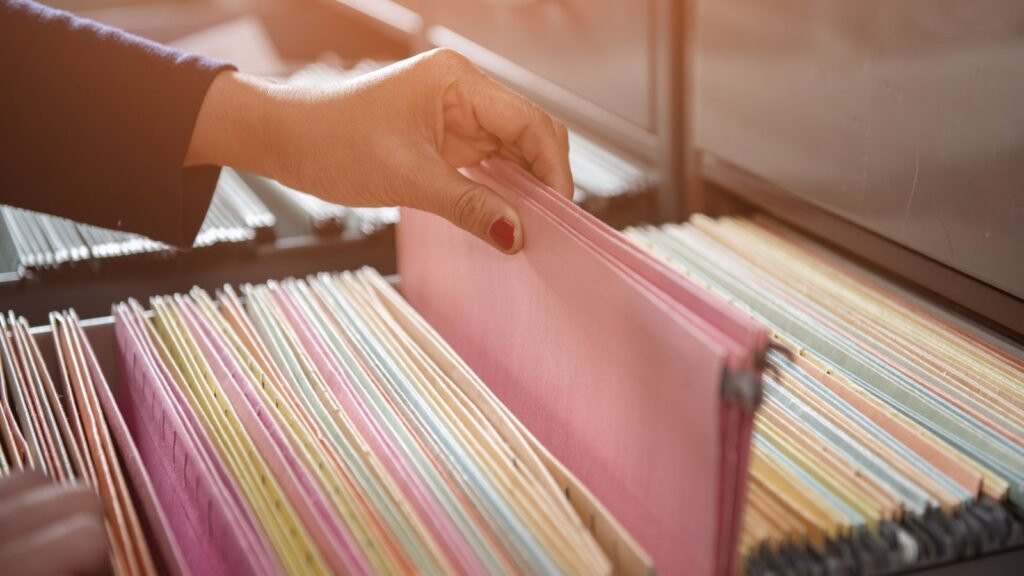
Don’t rely on the cloud for critical information. Print out copies of IDs, insurance policies, and medical records. Store these in a waterproof, fireproof safe. Include a list of important phone numbers and addresses—you won’t be able to Google them during a cyberattack. Make sure to include copies of your property deeds, vehicle titles, and any professional licenses or certifications you hold.
Water Filtration System
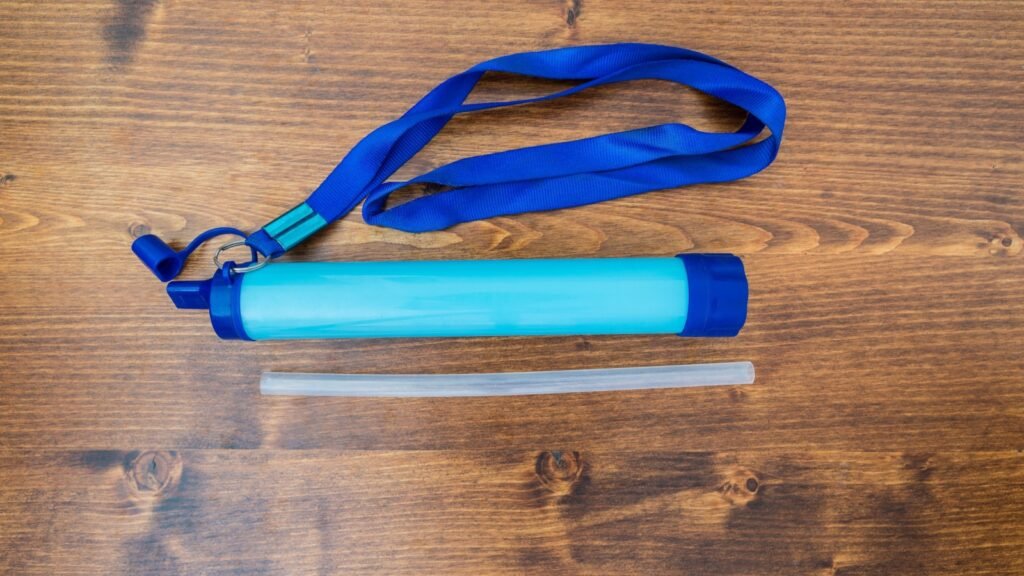
Clean water is crucial, and a cyberattack could disrupt treatment facilities. Invest in a gravity-fed water filter capable of handling at least 1 gallon per hour. Look for filters that remove bacteria, protozoa, and viruses. Store extra filters to last several months. Learn how to create a DIY water filter using sand, charcoal, and gravel as a backup or supplement to your main system.
Non-Electric Can Opener
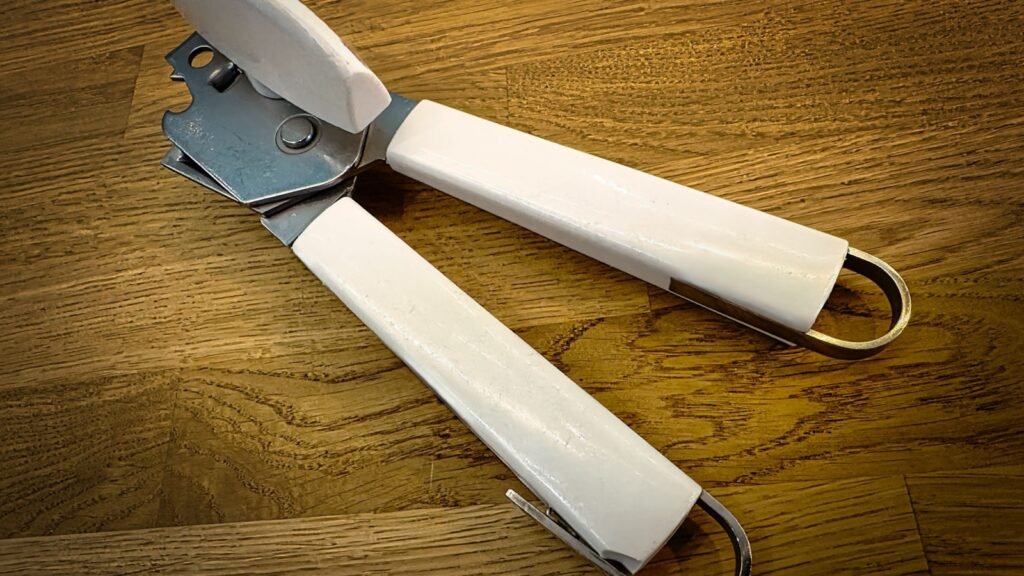
When the power’s out, that electric can opener is useless. A sturdy, manual can opener is essential for accessing your food stockpile. Choose a high-quality stainless steel model that won’t rust or break easily. Your future self will thank you when you’re digging into those canned goods. Keep it well-oiled and store it with your emergency food supply for easy access.
Offline Entertainment
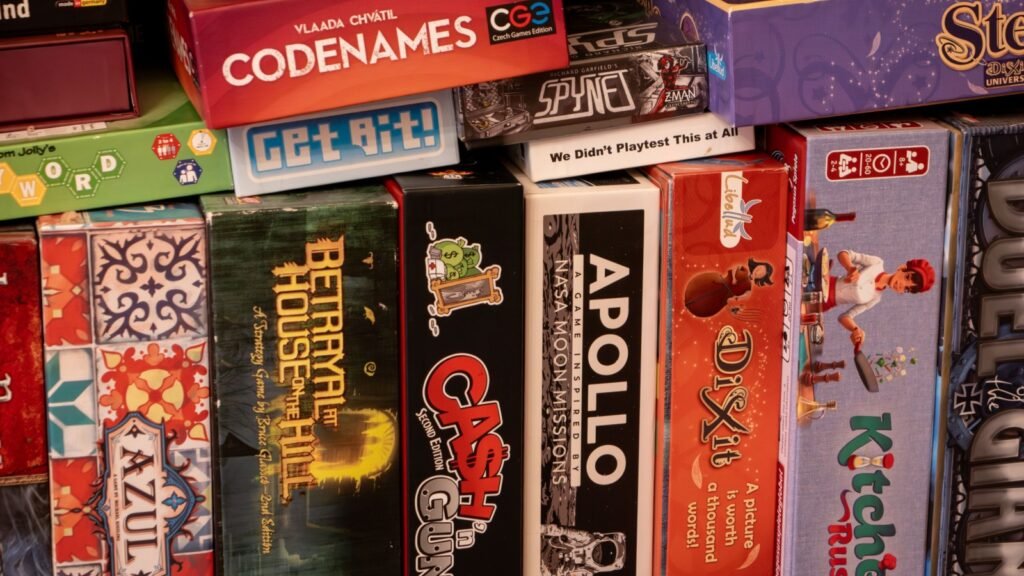
Boredom can be a real morale killer. Stock up on books, board games, and puzzles that don’t require electricity. Consider learning a new skill like knitting or whittling—it’s productive and entertaining. Remember, Netflix won’t save you from boredom during a cyberattack. Include some physical activity games like frisbees or jump ropes to keep both mind and body active during extended periods indoors.
Faraday Cage
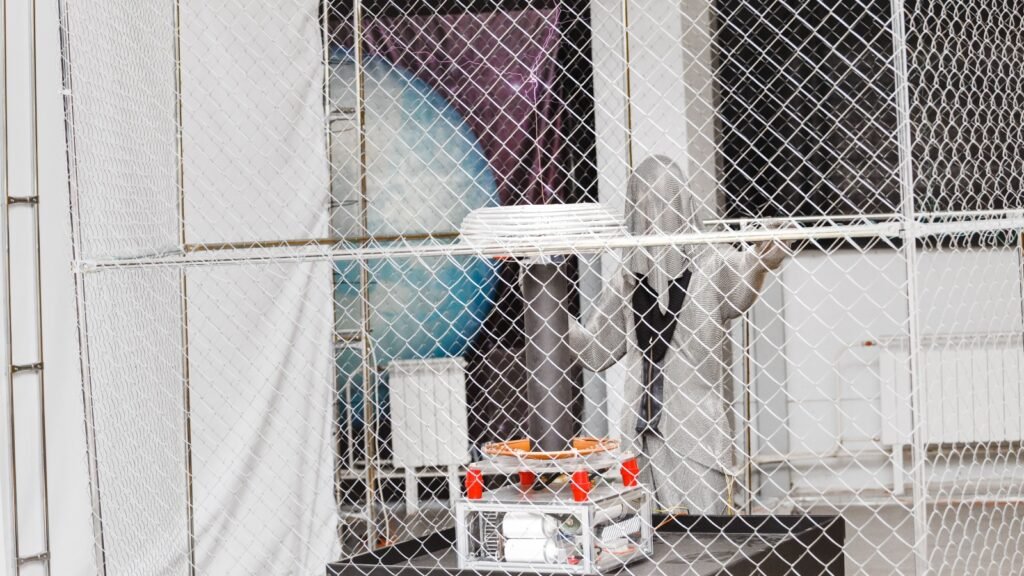
Protect your essential electronics from potential EMPs. A Faraday cage blocks electromagnetic fields. You can buy one or make your own using a metal trash can lined with cardboard. Store spare phones, radios, and other crucial devices inside to keep them safe and functional. Test your homemade Faraday cage by placing a cell phone inside and calling it—if it doesn’t ring, your cage is working properly.
Hand-Powered Tools
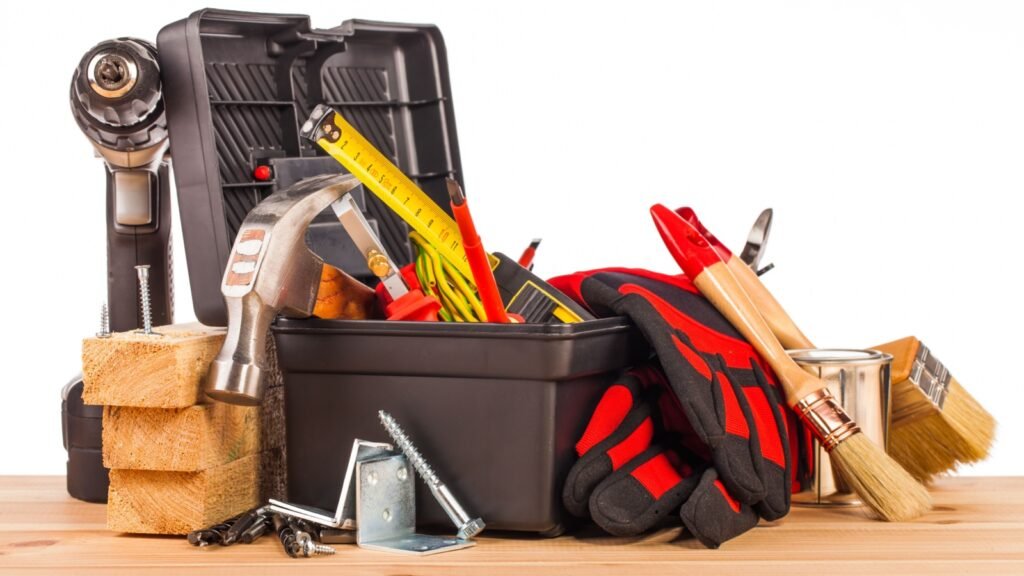
Electric tools are great until they’re not. Invest in quality hand tools like saws, drills, and screwdrivers. These will let you make repairs and build things without power. Focus on versatile tools that can handle multiple jobs. A good multi-tool is worth its weight in gold during a crisis. Include a sharpening stone in your toolkit to keep your bladed tools in top condition.
Paper Financial Records
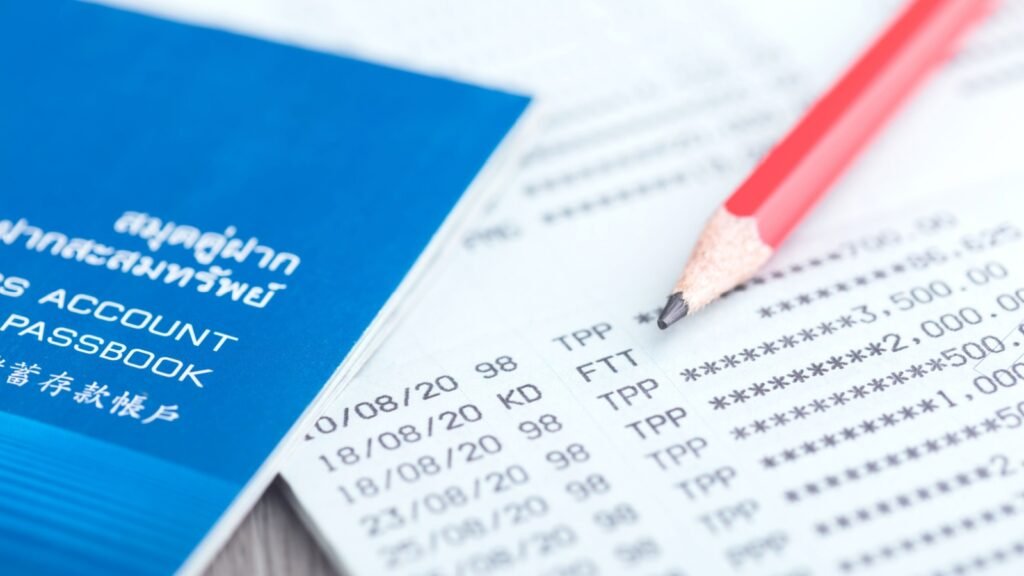
Don’t count on accessing your bank statements online. Keep at least three months of financial records in hard copy. This includes bank statements, bills, and pay stubs. Having this information on hand can be crucial for proving identity or resolving issues once systems come back online. Consider creating a simple ledger to track expenses during the crisis, which can help manage resources and provide documentation for insurance claims later.
Off-Grid Cooking Method

Your electric stove won’t cut it in a prolonged outage. Have a backup cooking method like a propane camp stove or a rocket stove. Make sure you have enough fuel stored safely. Practice using these methods now—you don’t want your first attempt to be during an emergency. Learn to build and use a solar oven, which can cook food using only the power of the sun, providing a fuel-free alternative on clear days.
First Aid Kit and Manual
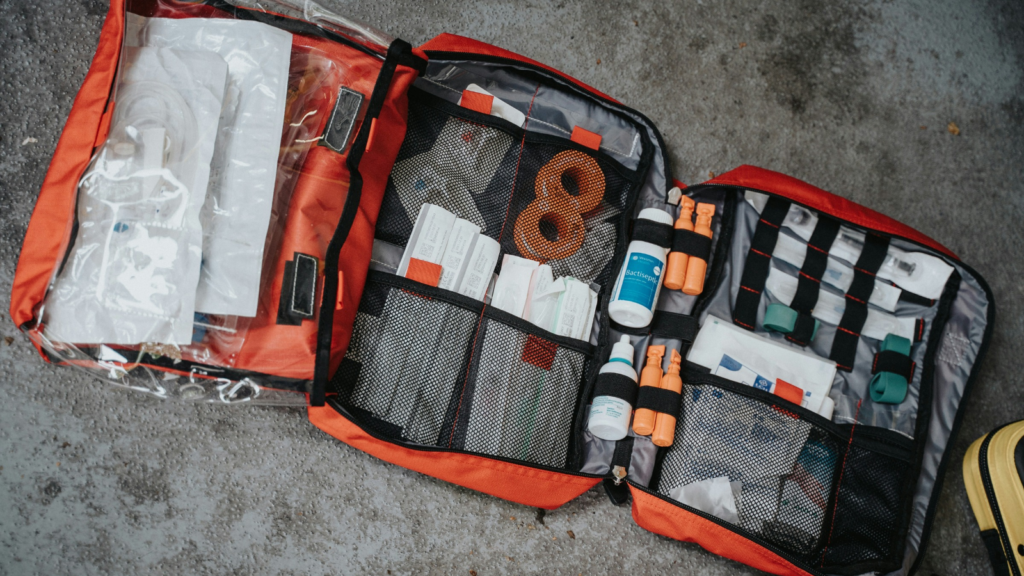
Medical systems could be crippled by a cyberattack. A comprehensive first aid kit is essential. Include bandages, antiseptics, pain relievers, and any prescription medications you need. Pair this with a detailed first aid manual. Knowledge is power, especially when you can’t Google symptoms. Add a section to your manual on improvised medical tools and natural remedies using common household items and plants.
Reliable Timepiece
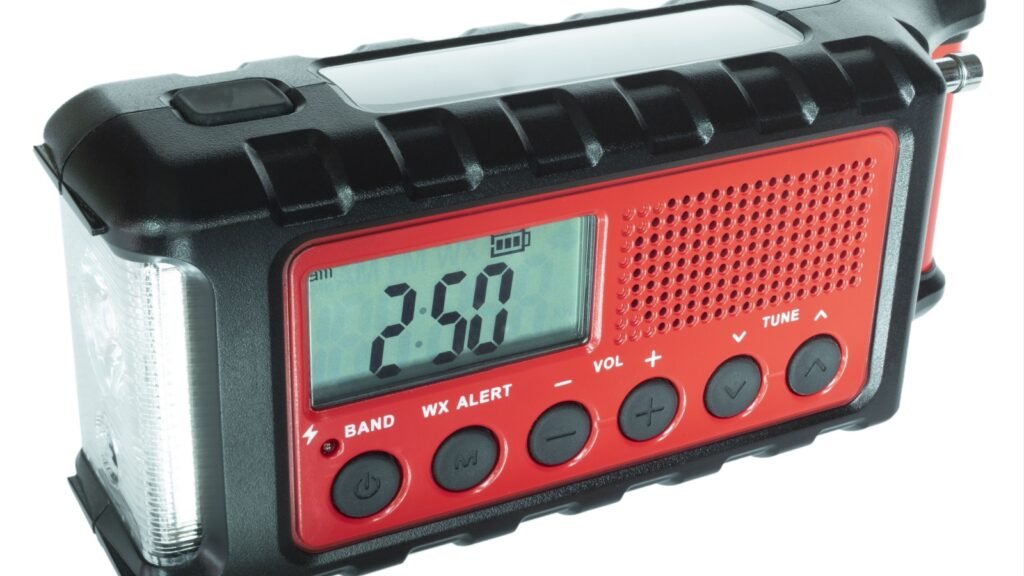
Smartphones are our default clocks, but they’ll be useless without power. Invest in a quality wind-up watch or battery-powered clock. Keeping track of time is important for coordinating with others and maintaining a sense of normalcy. Choose a model with a built-in alarm for added functionality. Consider a solar-powered atomic clock that automatically synchronizes with official time signals for long-term accuracy without needing battery changes.
Backup Power Source
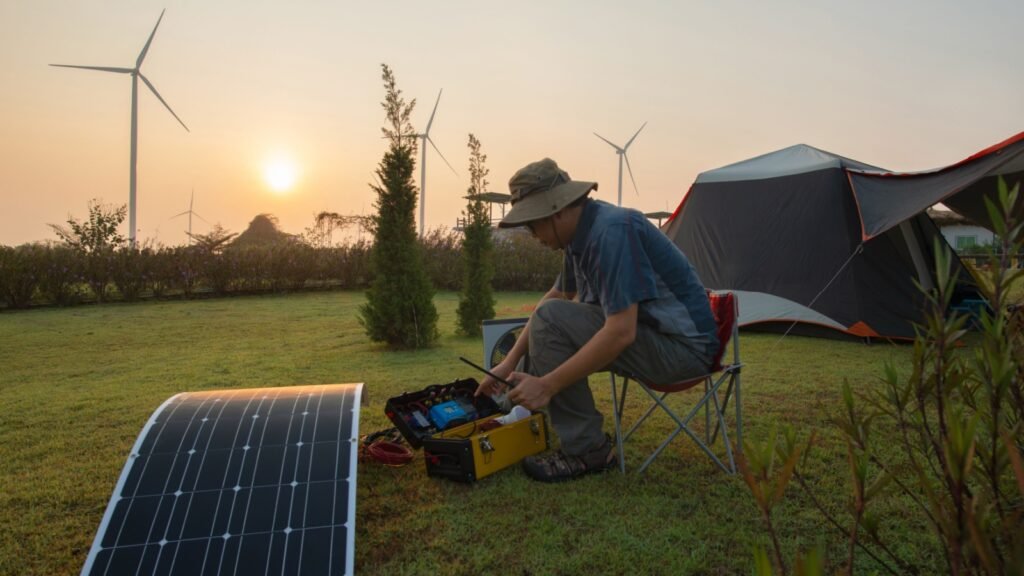
A small generator or power station can be a game-changer. Look for models that can run essential appliances like refrigerators and medical devices. Solar generators are great for long-term use. Whatever you choose, make sure you know how to operate it safely before an emergency strikes. Incorporate a power management plan to prioritize which devices get charged and when, maximizing the utility of your limited power supply.
Ham Radio
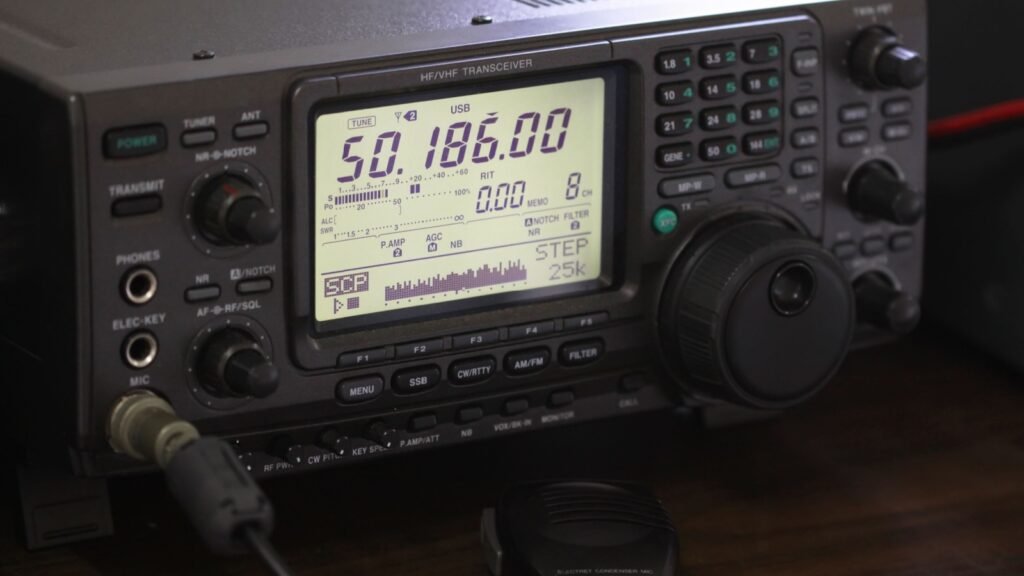
When all other communication fails, ham radio can be your lifeline. Get licensed and invest in a quality radio setup. Practice regularly to stay sharp. During a crisis, ham radio operators often form networks to share critical information and coordinate assistance. Learn how to build simple antennas from common materials to improve your radio’s range and reception in various conditions.
Hard Copy of Contacts

Your phone’s contact list is useless without power. Write down important phone numbers and addresses in a physical address book. Include emergency services, family members, and neighbors. Update it regularly and keep it somewhere easily accessible. Add a section for local community resources like food banks, shelters, and medical clinics that might be crucial during a prolonged crisis.
Cash Alternatives

In a prolonged crisis, even cash might lose value. Consider storing some barterable items like coffee, alcohol, or cigarettes. These can be valuable for trading even if traditional currency becomes worthless. Just remember to store these items securely and rotate them to maintain freshness. Learn basic bartering skills and fair trade ratios for common items to ensure you’re prepared for a potential barter economy.

